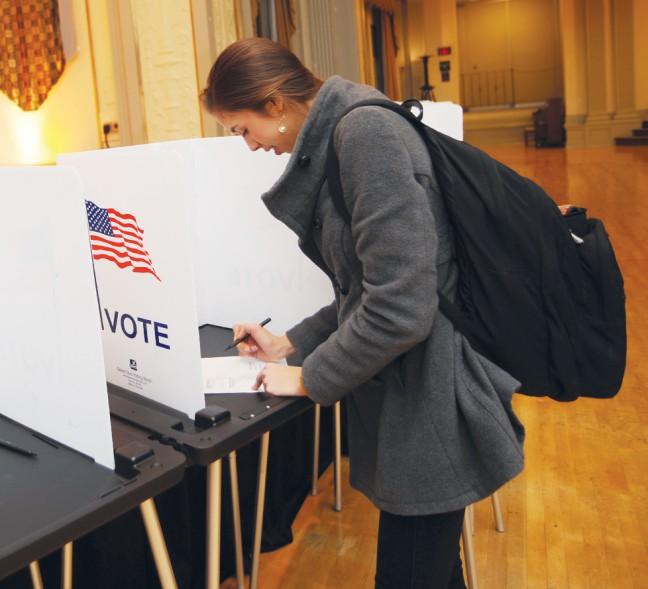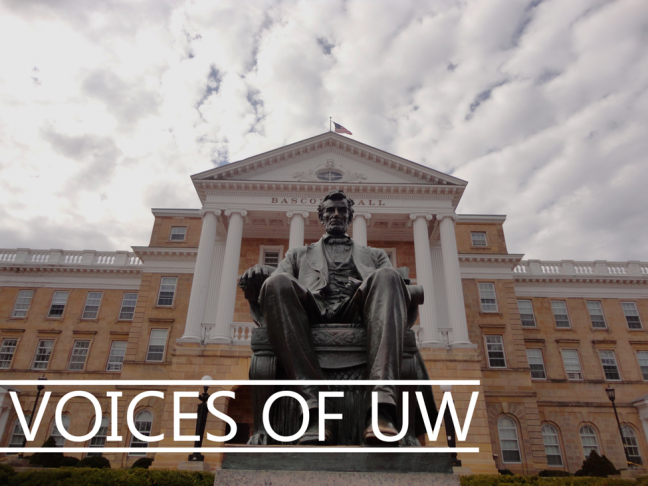When Congress passed an amendment to the Internal Revenue Code in 1954 banning political campaigning by tax-exempt, nonprofit organizations, one could have hardly fathomed that it would come to this.
Last Sunday, ministers in 21 states, acting in a coordinated effort with the conservative Alliance Defense Fund, proclaimed from their pulpits endorsements for the upcoming elections. In doing so, they openly defied an advisory warning from the Internal Revenue Service that nonprofit organizations who engaged in politicking would be at risk of losing their tax-exempt status.
Their hope is to draw a test case that will lead to the Supreme Court overturning the IRS ban. For years, the line between church and state in America has been a shifting blur. From prayer in schools to the Pledge of Allegiance, the court has ruled on a number of church-state issues, but it has done so in a very piecemeal way.
Complicating the court’s job is the very language of the First Amendment: “Congress shall make no law respecting an establishment of religion, or prohibiting the free exercise thereof.” With language like that, it’s easy to see the court’s dilemma.
Where the Alliance Defense Fund errs is in its interpretation of what the IRS is trying to enforce. This is not an attempt by the government to silence free speech — it is attempt to avoid subsidizing it. Ministers across the political and geographical spectrums should be allowed to endorse whomever they choose, but my tax dollars should not have to support it.
There is also an issue of campaign finance accountability. Tax-exempt nonprofits can accept unlimited contributions from donors who, if they choose, remain anonymous. Political campaigns are limited in how much they can accept from individuals, and must disclose who donated and how much. If nonprofits are suddenly allowed to engage in campaigning, it is possible they could begin acting as shadow campaigns, doing the dirty work without leaving a paper trail.
Fiscal and legal arguments aside, I believe the most compelling point is that these ministers simply must have faith that their congregations will carry their message with them into their daily lives. Jesus himself taught in parables. Teach your congregations about the values you hold dear and allow them to apply their reason and judgment to your words. In the voting booth, they’ll make the decision that’s right for them.
Oliver Kiefer ([email protected]) is senior majoring in political science and is currently studying abroad in Ghana. He is the former chair of the College Democrats of Madison.











